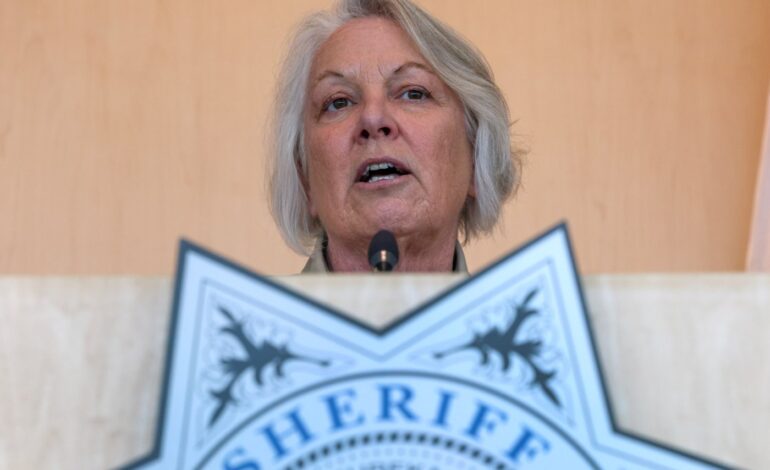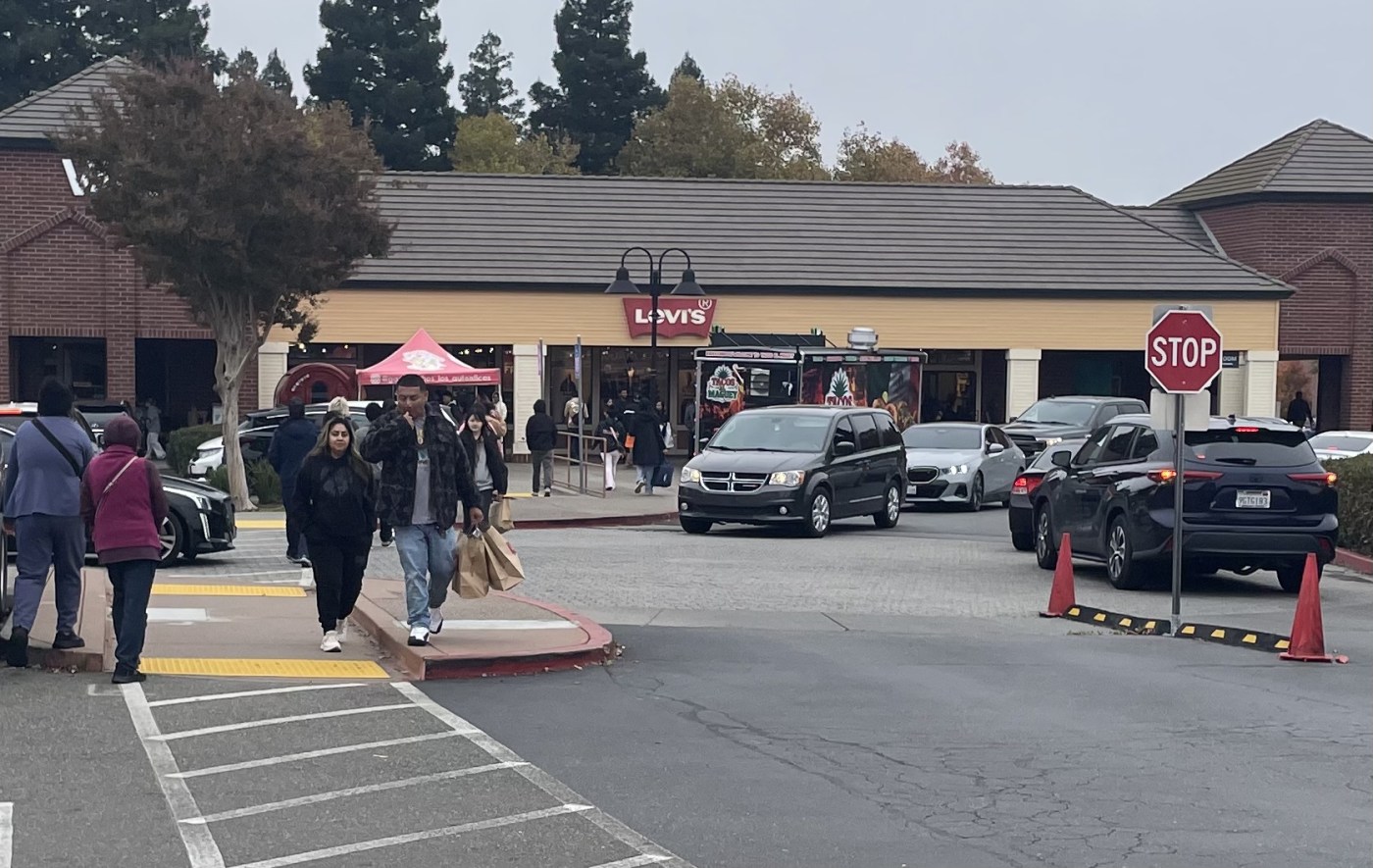Sheriff’s Office Returns to Facebook After 10-Year Absence

The Sheriff’s Office is re-establishing its presence on Facebook, marking a significant shift more than ten years after it left the platform due to a lawsuit. The department initially departed in 2014 following legal challenges related to allegations of deleting unfavorable comments and blocking critics.
Since then, the Sheriff’s Office has maintained an active social media presence on platforms such as X, where it boasts over 78,000 followers, and Instagram with more than 35,000 followers. Additionally, the department engages with the community via Nextdoor, sharing a mix of content that includes community announcements and emergency notifications during events like wildfires.
Sheriff Kelly Martinez emphasized the importance of this return, stating, “Our return to Facebook is about more than just a social media presence — it’s about adding another method of communication with the public we serve.” This year is particularly notable as it marks the department’s 175th anniversary, further reinforcing their commitment to enhanced transparency and community connection.
The decision to re-launch on Facebook is aimed at engaging an audience that may not utilize other social media platforms. Martinez expressed enthusiasm about fostering positive dialogue and community engagement, saying, “What better way to strengthen our commitment to transparency, outreach, and public safety than by reconnecting with the community on Facebook?”
The Sheriff’s Office had previously shut down its Facebook account during ongoing litigation initiated by an Oceanside gun parts dealer, who claimed that his First Amendment rights were infringed upon when the department removed two critical posts and subsequently banned him from commenting. During the legal proceedings, the office cited the “time, expense and hassle” involved in managing its social media policies as reasons for its withdrawal. The federal case was dismissed a few months later.
In a recent communication, Lt. David Collins, a spokesperson for the department, acknowledged the past challenges but emphasized that discussions about the Facebook return focused on enhancing the community experience. He noted that the new sheriff, who took office in 2022, is committed to listening to community feedback.
Collins stated, “We have a new sheriff, and Sheriff Martinez wants to respond to the community and her own organization’s requests to re-launch on this platform.” He further clarified that while the department is aware of its critics, it aims for constructive dialogue. “We may not always respond to criticisms on this platform, but we won’t remove them,” he added, highlighting a commitment to transparency that extends beyond Facebook to all social media platforms used by the department.
Legal expert David Loy from the First Amendment Coalition pointed out that government agencies are not mandated to maintain social media accounts with open comment sections. However, if they choose to do so, those platforms become public forums and must adhere to First Amendment guidelines. “The most fundamental rule under the First Amendment is if once the government opens a forum for speech, it cannot discriminate against people based on the viewpoint of what they have to say,” Loy explained.
The region has witnessed several disputes concerning deleted or blocked comments on social media, particularly involving local officials. Notably, National City Mayor Ron Morrison faced legal action in 2018 from a union leader over blocked comments on Facebook. Similarly, former Encinitas Mayor Catherine Blakespear encountered accusations regarding her management of comments on her campaign page.
A landmark ruling by the U.S. Supreme Court last year underscored the legal implications for public officials blocking critics on social media. This decision arose from a case involving Poway Unified School District trustees who faced litigation for blocking parents from their social media pages used for constituent communication.
As the Sheriff’s Office embarks on this new chapter with its Facebook page, it aims to strengthen its relationship with the community while adhering to the principles of open communication and transparency, setting a precedent for how law enforcement agencies engage with the public in the digital age.






